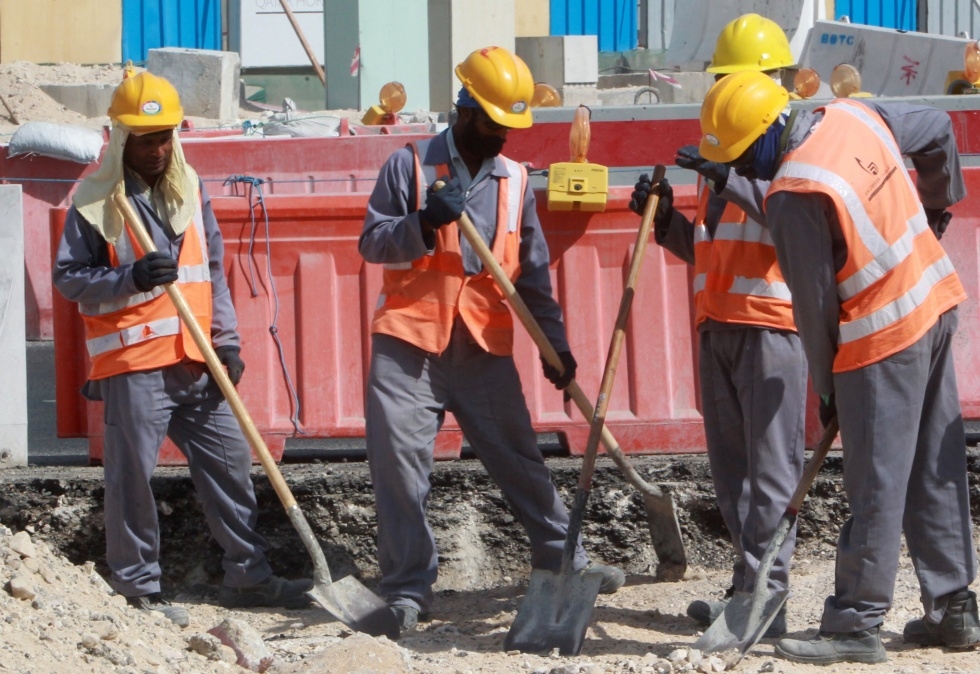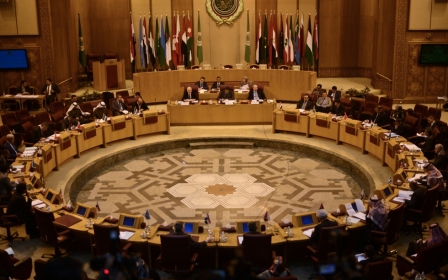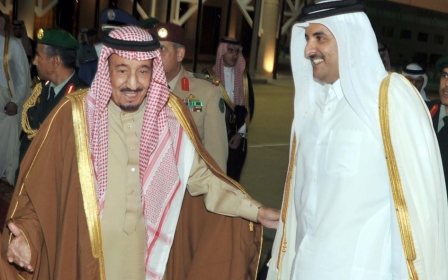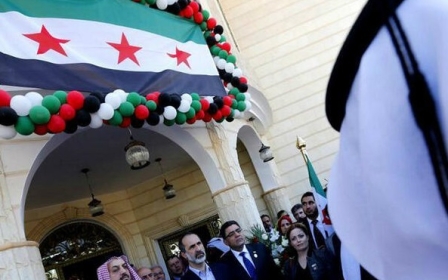Qatar to introduce prompt pay for 2022 World Cup workers

Qatar said on Thursday it will introduce a major labour law reform to ensure thousands of workers building venues for the 2022 World Cup are paid on time, after complaints by rights groups.
The changes by the future hosts of football's biggest tournament, approved by Qatar's Emir Sheikh Tamim bin Hamad al Thani, will see workers get paid at least once a month and in some cases every fortnight.
The move could head off fierce criticism of Qatar which has come under mounting international pressure to improve conditions for migrant labourers working on projects for the World Cup.
The announcement comes as the international spotlight is bound to fall on Qatar again as FIFA officials visit Doha early next week to finalise a date for the controversial tournament.
Under the proposal, wages will be paid through direct bank transfers which should, in theory, make it easier to track those employers that do not comply with the new law.
It is not yet clear when the reforms will be introduced but employers will have six months to implement them.
If they do not, they could face up to one month in prison as well as a fine of up to 6,000 Qatari Riyals ($1,650, 1,440 euros).
The Qatari government said on Wednesday night that it was about to announce the reforms but details about what the changes actually entailed were only given on Thursday.
Non-payment of migrant workers, especially those in the construction sector, has become a sensitive issue for Qatar.
Last November, Amnesty International accused the government in Doha of not doing enough on the issue of non-payment despite intense scrutiny after Qatar was awarded the World Cup.
And earlier this year, lack of progress on the issue was again highlighted, this time by Human Rights Watch (HRW).
'Avoiding the core problem?'
HRW's Qatar researcher Nicholas McGeehan gave a cautious welcome to the changes announced in Doha.
"Of course it's good," he told AFP. "It is a positive step as long as it is properly enforced."
He said the reform would also impact on a "very substantial number of workers" across the Qatari economy, not just those in construction.
A 2013 academic study, "A Portrait of Low-Income Migrants in Contemporary Qatar", found that 21 percent of migrant workers in Qatar "received their salary on time only sometimes, rarely, or never."
However, there was some disappointment that the changes announced did not address the controversial "kafala" sponsorship system, which rights groups and the FIFPro global football union have urged Qatar to abolish.
This enables employers to prevent foreign workers from leaving the country or changing jobs and has been likened to modern-day slavery.
"That's a concern," said McGeehan. "Why is this area changing first? Are they working around the edges and avoiding the core problem?"
Other areas where campaigners have called for change include issues such as the confiscation of passports by employers, workers not being issued an exit visa so they can leave Qatar, and migrant labourers having to pay recruitment fees.
The Gulf state, which sits on the world's third largest gas reserves, is seeking to become a global leader in sporting events, hosting the handball World Cup last month, and is expected to bid for the Summer Olympics.
World Cup in winter
A committee is to recommend that the World Cup be moved to winter in order to avoid the punishingly hot temperatures of the summer.
According to a report by Sports Illustrated magazine, "a FIFA task force will meet in Doha next week" to discuss moving the event until November/December 2022.
The awarding of the cup to Qatar has been wracked with controversy, with some accusing the selection committee of corruption.
FIFA President Sepp Blatter denied reports in November that he told executives that the 2022 World Cup would not take place in Qatar.
New MEE newsletter: Jerusalem Dispatch
Sign up to get the latest insights and analysis on Israel-Palestine, alongside Turkey Unpacked and other MEE newsletters
Middle East Eye delivers independent and unrivalled coverage and analysis of the Middle East, North Africa and beyond. To learn more about republishing this content and the associated fees, please fill out this form. More about MEE can be found here.




